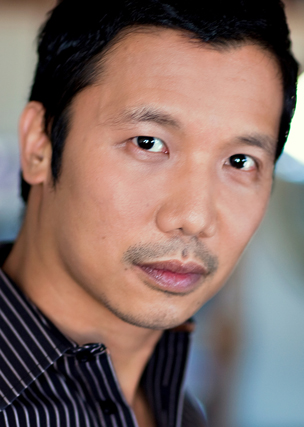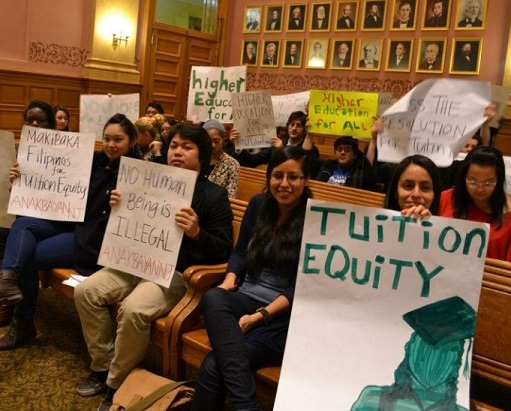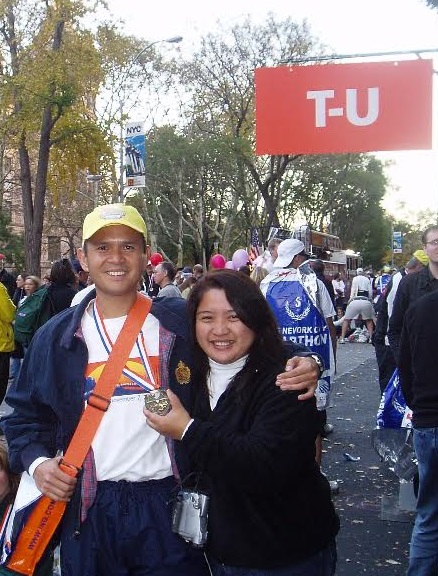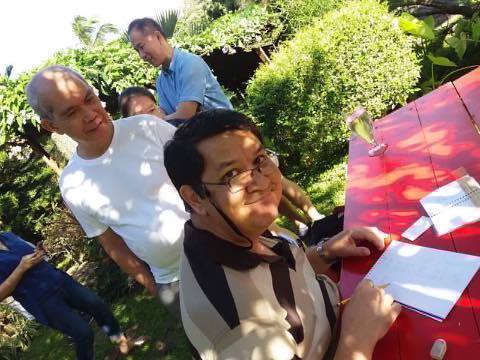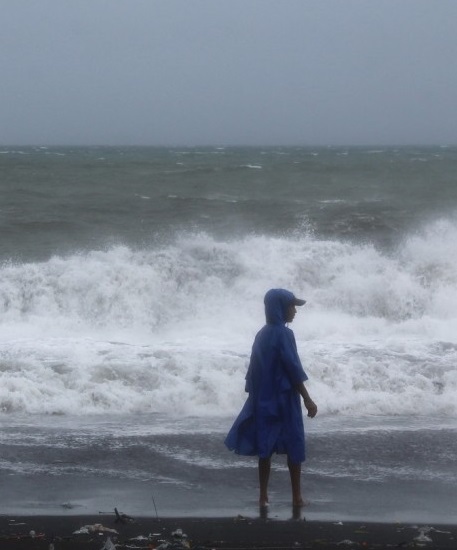For Haiyan survivors vulnerable to PTSD, prayers and reaching out to family can help
By Cristina DC PastorA calamity, especially one as forceful as category 5 Typhoon Haiyan, has the capacity to trigger Post-Traumatic Stress Disorder among survivors, according to Dr. Kevin Nadal, associate professor of Psychology at John Jay College of Criminal Justice.
Nadal, who also trains NYPD officers working with people suffering from mental illness, said the life-threatening PTSD may not be evident immediately. It may develop over time among survivors who don’t cope with stressful events all that well. Sometimes, PTSD can become apparent even after the basic needs of food, water and shelter have been provided to affected families.
“People with PTSD tend to have difficulty concentrating or sleeping, often experience recurring images of the traumatic event, and have difficulties with basic life functioning,” he told The FilAm.
PTSD as a mental health condition is quite common among soldiers and veterans who have experienced wars and brutality in combat. Survivors of rapes and physical assault are also vulnerable to this extreme form of stress. PTSD, according to experts, may afflict young and old people alike.
Family members are “indirect” victims of PTSD, according to Nadal. “They know that their loved ones have suffered, they may develop vicarious trauma, which is similar to PTSD, but may not be as extreme. They may feel anxiety, depression, or overwhelming sadness.”
Cases of PTSD were apparent following the 2005 Hurricane Katrina. Researchers report that the turbulent weather had a “major social and psychological impact” on people in the Gulf Coast.
“Many people experienced stressful and traumatic events during and as a result of the hurricane,” said the study. “Over 50 percent of people surveyed also reported that they had the following symptoms of PTSD: feeling upset after being reminded of the hurricane, trying to avoid thoughts, feelings, and conversations about the event, increased irritability and anger, worries that the event could happen again, and feeling on edge and tense.”
Nadal said mental health issues develop when people bottle up their emotions and don’t release them. “Those emotions tend to build, which then leads to serious mental health problems.”
He said he does not see many suicides as a result of Typhoon Haiyan because, “Filipinos in general tend not to commit suicide.”
However, he warned that people with PTSD symptoms sometimes engage in dangerous and harmful behaviors involving alcohol or drug use as a way of coping.
Mental health is a “focus” for the Doctors Without Borders teams who have been bringing medical services to the Visayas in the aftermath of Haiyan.
One of the doctors recounted how on Panay island, “people are coming to the clinic with physical symptoms that may well have an underlying psychological cause: they describe mysterious pains in the body, as well as nightmares and disturbed sleep.” A woman who had lost her daughter and her mother in the typhoon told the same doctor how hard she cried when she saw how it happened.
“I think many of the effects of the disaster will be delayed,” said this doctor. “Our teams will be busy for some time.”
It is important, according to Nadal, for people to talk to family, friends, and if necessary, to mental health providers – such as psychologists, psychiatrists, social workers and grief counselors — when they feel depressed, anxious, or traumatized.
“Praying and talking to religious leaders may be helpful too,” he said.

